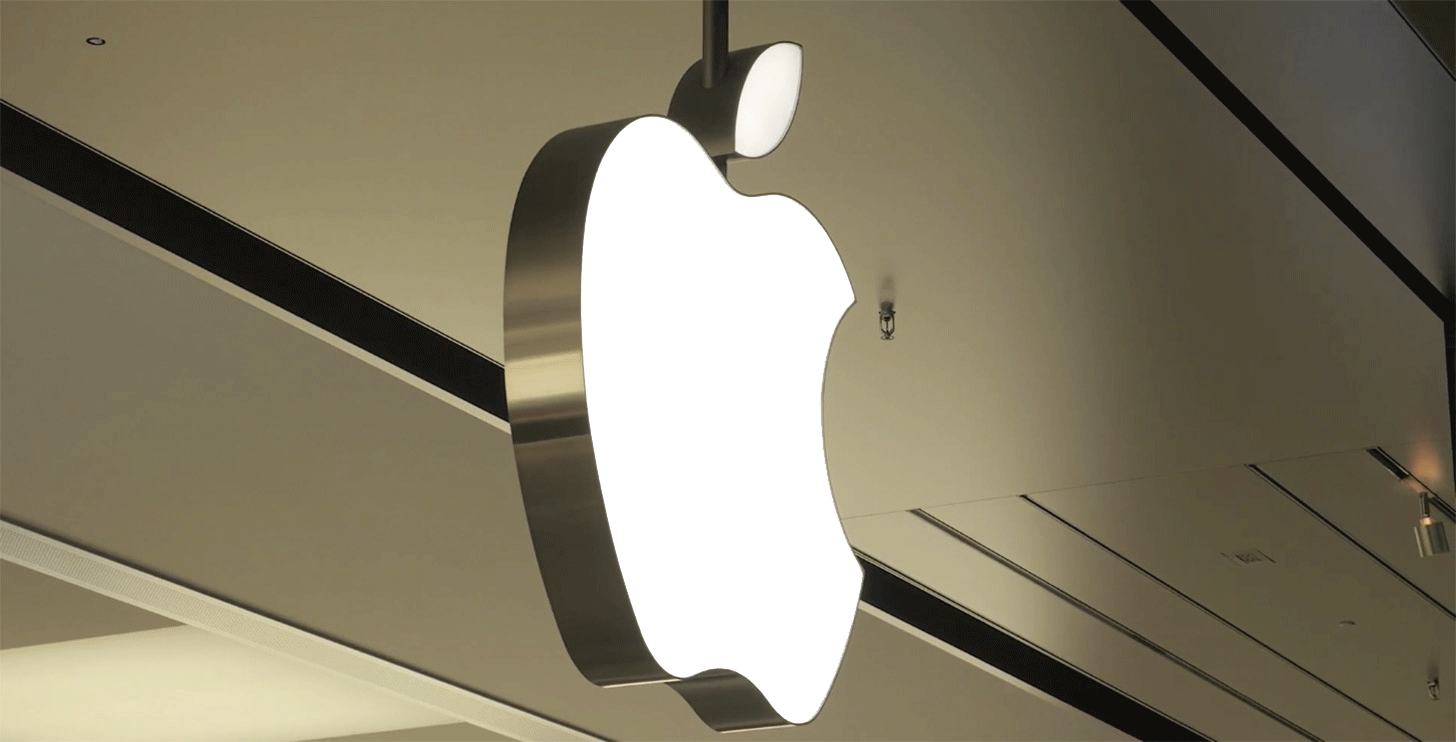Apple could be your next wireless provider
In the wake of Google’s Project Fi, sources cited by Business Insider, claim that Apple may be testing its own wireless service offering, with plans of providing cellular access to customers in the US and in Europe.
This is not the first time we hear about Apple’s interest in becoming a mobile operator, as the company already had filed a patent as early as 2006, which describes plans for a MVNO service. MVNO stands for Mobile Virtual Network Operator, which is essentially what Google is currently testing with Project Fi.

What is a MVNO?
MVNO’s are not new to the wireless service industry, and as a matter of fact, hundreds of these companies are currently providing service to US customers, by leasing cellular infrastructure from the four main US communication giants, namely Verizon Wireless, AT&T Mobility, T-Mobile US and Sprint Corporation.
Apple is in a unique position to be a MVNO, not only because it has the cash needed to lease infrastructure from all four major carriers, it’s also a device manufacturer of one of the most popular smartphones in the world.
There are several aspects of being an MVNO that can be highly desirable by a company like Apple, especially services that are usually exclusive to carriers, such as voicemail.
Voicemail services are a very lucrative avenue for carriers, as customers are likely to pay more for services that enhance the way missed calls are handled. A common misconception about voicemail is that voicemail messages are stored in the smartphone itself. This is impractical, as most phone’s internal storage is not sufficient to handle the volume of data required to store an average user’s voicemail messages. In most smartphones, voicemail is handled through apps that require access to data storage hosted by the carrier itself, and not on the device. On top of that, additional services capable of translating voicemail messages to text, or exporting messages as audio files, which can be sometimes necessary for legal reasons, come at an additional cost to consumers.
A dead giveaway: Apple iCloud Voicemail
Another indicator of Apple’s interest in providing wireless service, is iCloud Voicemail, a service that Apple is preparing to launch, which will use Siri to automatically transcribe voicemail messages, based on the principle that, while customers find it very convenient to leave voicemail messages, most people are not fans of receiving voicemail messages, as it’s a lot faster to read a message than listening to it.
Will it happen?
An important part of being Apple, is to be a company that focuses on innovation. This doesn’t necessarily mean that all projects Apple works on will reach consumers, however, considering the recent focus of tech companies like Google, into the development of communication services, such as Google Fiber, Apple’s interest in testing the waters as an MVNO are a clear indication that the landscape of tech giants is changing, and control over data communication is shifting towards a more flexible and dynamic landscape for both wireless technology and broadband cable.
Tech giants like Apple and Microsoft, are very much focused on all aspects of device connectivity and collaboration (i.e.: Continuity, Handoff, FaceTime...), and are likely to keep a close eye on each other’s advancements in the field of providing direct access to carrier infrastructures.
Alas, the timeline for anything remotely similar to a scenario where Apple, Google and Microsoft could become their own carriers is very far in the future, and it’s a road filled with legal and logistic hurdles, however, the potential yields can reach massive expansion levels, especially in the enterprise sector, where reliable communication is vital.